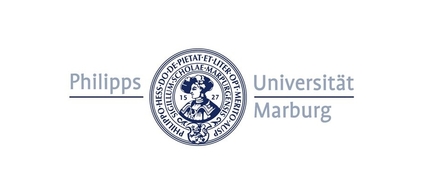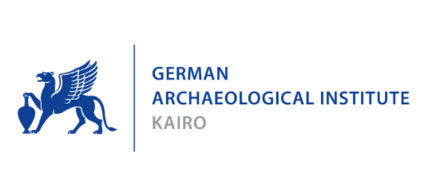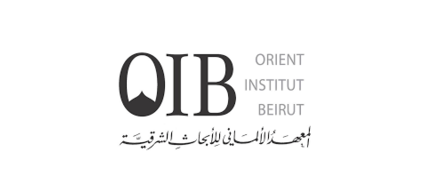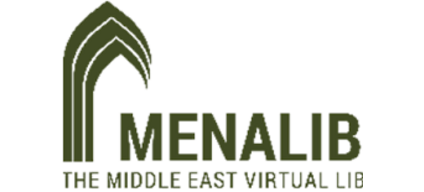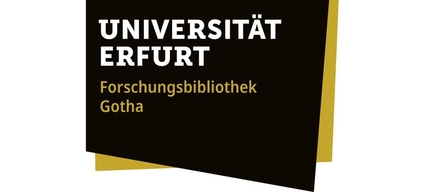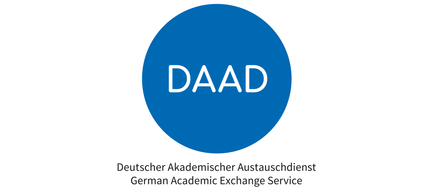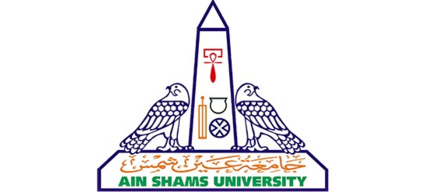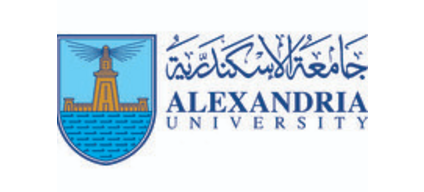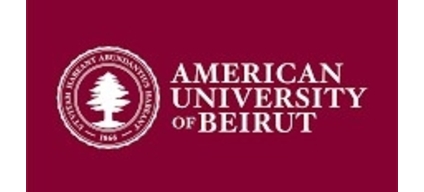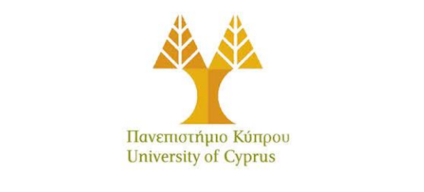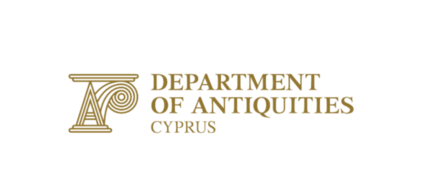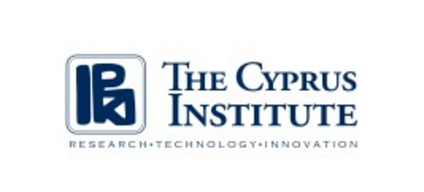Main Content
Philosophy
In recent decades scholars have stressed the importance in the study of materiality, as Christine Mitchell puts it “The study of media, culture and communication has undergone theoretical and methodological turn towards materiality” (Mitchell, „Materiality: Tracking a Term, Tackling a Turn”, 2011). However, often materiality was looked at mainly in written sources and cultural practices.
Looking at the objects itself seemed to be of less significance. In the context of the cultural turn in the humanities from the early 1970s onwards materiality and objects and their function in human communication processes became then more and more connected to the actual objects and artefacts and the study of material culture entered human sciences as a vital and thriving field. In this respect modern research was influenced by the works of Arjun Appadurai.
Appadurai stressed the fact that “a commodity is a thoroughly socialized thing” and its sociability lies in its social potential to be more than only a product, artefact etc. By doing so Appadurai includes the research on materiality in social science and underlines the fact that commodities have the potential to “act” as well. (Appudarai, The Social Life of Things. Commodities in Cultural Perspective, 1986).

Our Philosophy
Building up on these thoughts our project aims at a holistic approach into dealing with Material Culture in a wide perspective from Pharaonic times into Modernity. By doing so we want to overcome boundaries of fields like Egyptology, Classical Archaeology or Medieval Studies and also track the life of materiality, i.e. Pharaonic stones which are re-used in Fatimid and Mamluk Cairo and similar phenomena in Beirut or Alexandria. In order to understand these processes on the ground we aim to include field works as integral part of the project so that students and scholars can feel and see the history of Material Culture in the Eastern Mediterranean and how it is put to use today.
